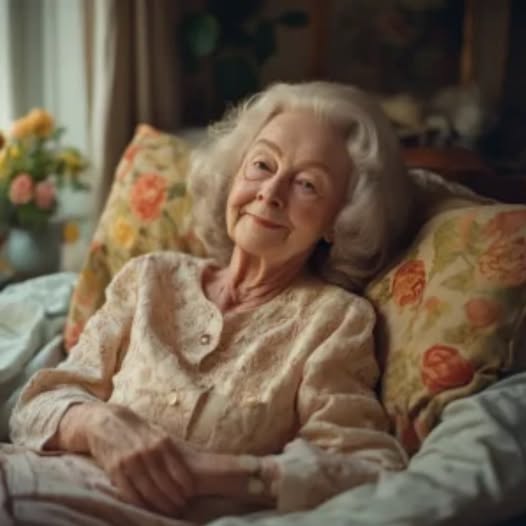For years, I cared for an elderly widow named Mrs. Patterson—not just as her caregiver, but as her only real companion. Her hilltop estate was grand, but her days were quiet and lonely, as her wealthy children and grandchildren only visited to maintain appearances. Over time, our bond deepened. She’d often say, “Grace, you are my only true family.” I never expected anything in return—just the joy of her company and the warmth of her trust.
When she passed peacefully in her sleep, I was heartbroken. Her family, absent for years, showed up swiftly—not in grief, but with greedy eyes fixed on her fortune. They barely acknowledged me at the funeral. That night, I was summoned to her estate for the will reading, where her daughter accused me of manipulating her. I was terrified—until the lawyer began to read.
Mrs. Patterson’s will stunned everyone. She left everything—the house, land, and wealth—not to her relatives, but to me. “To Grace, my caretaker, my friend, my family… I leave all.” The room erupted with outrage, but the lawyer presented photos, letters, and voice recordings as evidence. She had documented everything, knowing her children would contest it. “They left me long ago,” she wrote. “Grace never did.”
As the doors closed behind her outraged family, I stood alone in the house filled with memories. Mrs. Patterson had given me more than an inheritance—she gave me a sense of belonging, and a forever home built on loyalty, not blood. Her so-called heirs walked away with nothing but regret. I remained, holding the legacy of a love that truly defined family.

